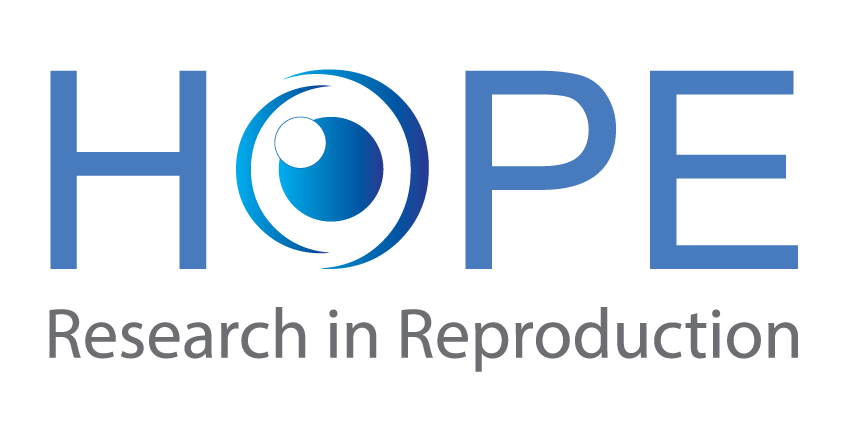Fertility and Reproduction, Vol. 01, No. 02, June 2019 – 2019-05-13
Nhu H. Giang1,2,*, Lan N. Vuong2,3, Toan D. Pham1,2, Tuong M. Ho1,2
Published: 13 May, 2019
Author information
IVFMD, My Duc Hospital, 4 Nui Tanh, Tan Binh District, Ho Chi Minh City, Vietnam
2. HOPE Research Center, 4 Nui Tanh, Tan Binh District, Ho Chi Minh City, Vietnam
3. Department of Obstetrics and Gynaecology, University of Medicine and Pharmacy at Ho Chi Minh City, 217 Hong Bang, District 5, Ho Chi Minh City, Vietnam
Abstract
Background: Corifollitropin alfa in GnRH antagonist protocol could provide a friendly treatment for IVF patients. There is limited evidence regarding the outcomes of corifollitropin alfa in ovarian hyperstimulation in Asian population.
Methods: This was a retrospective study conducted on IVF women from July 2012 to July 2018. The recruited patients were expected normal responders, expected poor responders and oocyte donors. The patients underwent GnRH antagonist protocol with corifollitropin alfa.
Results: There were 804 IVF patients included in the study. The patients were analyzed into: normal ovarian reserve-autologous cycles (≤ 36 years and ≤ 60 kg, n = 33; ≤ 36 years and > 60 kg, n = 9; > 36 years and ≥ 50 kg, n = 204; > 36 years and < 50 kg, n = 52), normal ovarian reserve-donor cycles (≤ 60 kg, n = 234; > 60 kg, n = 104) and diminished ovarian reserve cycles (n = 168). In each group of patients, the pregnancy outcomes of fresh embryo transfer were comparable to those of frozen embryo transfer.
Conclusions: Corifollitropin alfa could offer an effective and simple treatment option for all groups of patients without PCOS.
KEYWORDS:
GnRH Antagonist Protocol; Corifollitropin Alfa; Ongoing Pregnancy Rate
